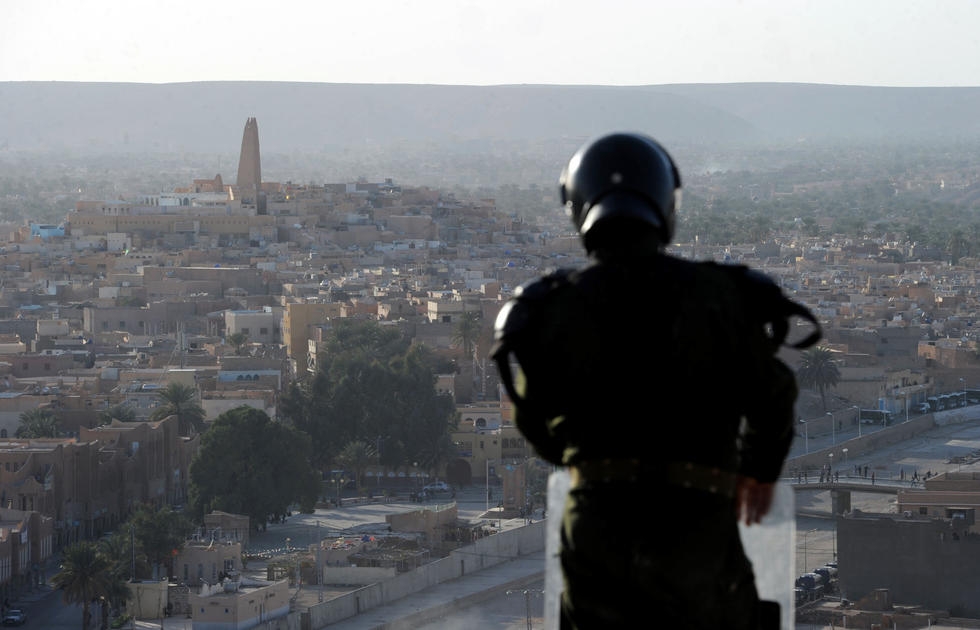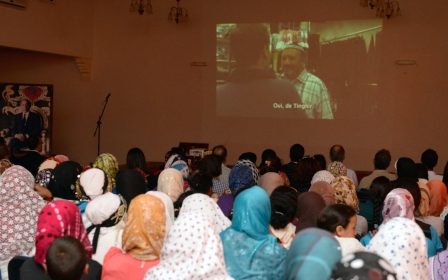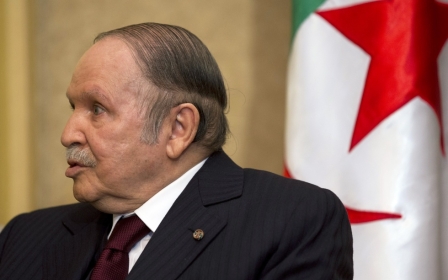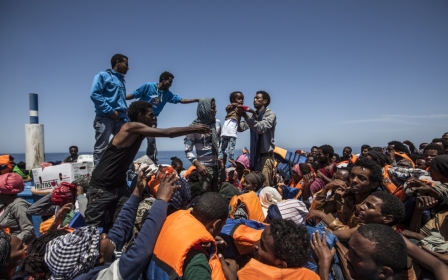22 dead in Arab-Berber violence in Algeria: Agency

At least 22 people have died in clashes between Berber and Arab communities in southern Algeria on the edge of the Sahara desert, the national news agency APS reported on Wednesday.
It was the bloodiest toll in two years of frequent clashes between the communities.
APS said that 19 people wounded in two days of clashes between Chaamba Arabs and Mozabite Berbers in the M'zab valley had now died of their injuries, raising the toll since Tuesday to 22.
Dozens of other people were hurt in the Tuesday-Wednesday violence, the agency said, citing hospital sources and local officials.
Homes, shops, public buildings, cars and palm groves were set on fire in the area of Guerrara and the region's main town of Ghardaia, 600 kilometres (370 miles) south of the capital Algiers.
Interior Minister Nouredine Bedoui travelled to the stricken region, APS reported.
A security source told AFP that police reinforcements were despatched from Algiers.
The latest round of clashes in M'zab broke out last week, prompting the deployment of anti-riot personnel who have fired tear gas to disperse crowds.
Hundreds of homes and shops, mostly of Mozabites, have been ransacked in and around Ghardaia since centuries-old good ties between the area's Arabs and Berbers broke down in December 2013.
Ethnic tensions between the two groups who, unlike in other areas, live side by side, have escalated in recent years, and began to break down over competition for natural resources as the population increases.
Algeria’s hydrocarbon wealth is mostly located in the impoverished south, where scenes of protests demanding employment are almost a constant in the area. The Amazigh-speaking Mozabite community has its own language and makes up 30 percent of the population in Algeria.
Ghardaia is a UNESCO world heritage site renowned for its traditional white-washed houses and bustling market, selling jewellery, carpets and leather.
New MEE newsletter: Jerusalem Dispatch
Sign up to get the latest insights and analysis on Israel-Palestine, alongside Turkey Unpacked and other MEE newsletters
Middle East Eye delivers independent and unrivalled coverage and analysis of the Middle East, North Africa and beyond. To learn more about republishing this content and the associated fees, please fill out this form. More about MEE can be found here.




